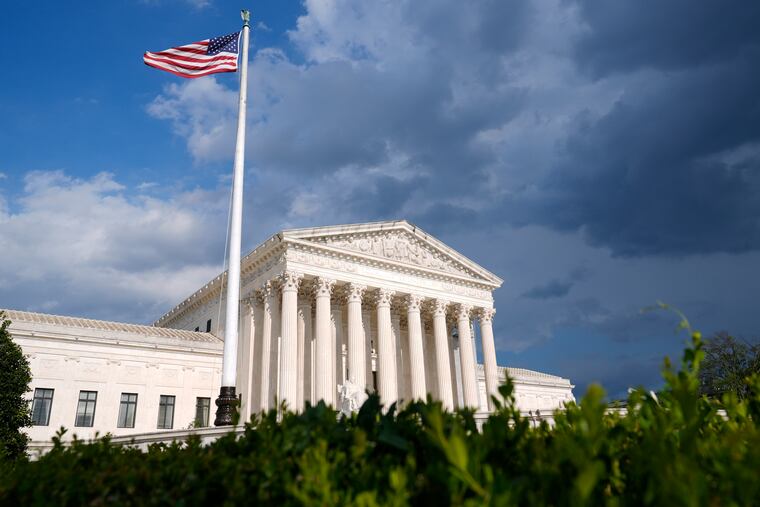Philadelphia schools missed out on .2 million from a federal grant program, according to a city controller’s audit.
The Philadelphia School District has come under scrutiny following an audit from the Philadelphia City Controller’s office, which revealed a shortfall of .2 million in required contributions to a federal college readiness initiative. This program, known as Gaining Early Awareness and Readiness for Undergraduate Programs (GEAR UP), is designed to support students from economically disadvantaged backgrounds and is contingent upon the school district matching funds received from the U.S. Department of Education.
During the 2023-2024 academic year, the district reported nearly million in expenses related to the GEAR UP program. However, it managed to contribute only 0,416, reflecting just over one-quarter of its matching obligation. The audit indicated a lack of systems for effectively identifying, securing, and tracking these necessary contributions, which can include both cash and in-kind services.
City Controller Christy Brady identified the district’s inability to meet the financial requirements as a “significant deficiency.” She cautioned that if these issues remain unaddressed, the Philadelphia School District could jeopardize future grant funding or face the possibility of having to repay federal revenues already received. The district was awarded a substantial GEAR UP grant of .5 million in 2022, which is slated for distribution over a seven-year period to facilitate college readiness efforts across 12 high schools and 30 middle schools.
Audits conducted by Brady’s office are intended to ensure proper management of federal programs. While the Philadelphia School District’s overall budget is approximately .6 billion, a significant portion of its financing originates from state and local sources, supplemented by millions in federal assistance, primarily through Title I funds designated for schools serving low-income populations.
Moving forward, Controller Brady has recommended several immediate corrective actions, including the development of a tracking system for contributions, training grant staff to identify potential funding avenues, and conducting periodic reconciliations to ensure compliance. Despite the findings, she expressed satisfaction with the district’s prompt response to the audit, noting that they possess a capable accounting team and have proposed a comprehensive corrective action plan.
School district officials have acknowledged the deficiencies in matching contributions and have committed to implementing necessary fixes, including a new tracking system, by September to ensure compliance with matching requirements by the conclusion of the grant period in 2027. This proactive approach comes amidst wider uncertainties within the U.S. Department of Education, characterized by significant staffing changes and potential threats to educational funding programs under the current administration.







